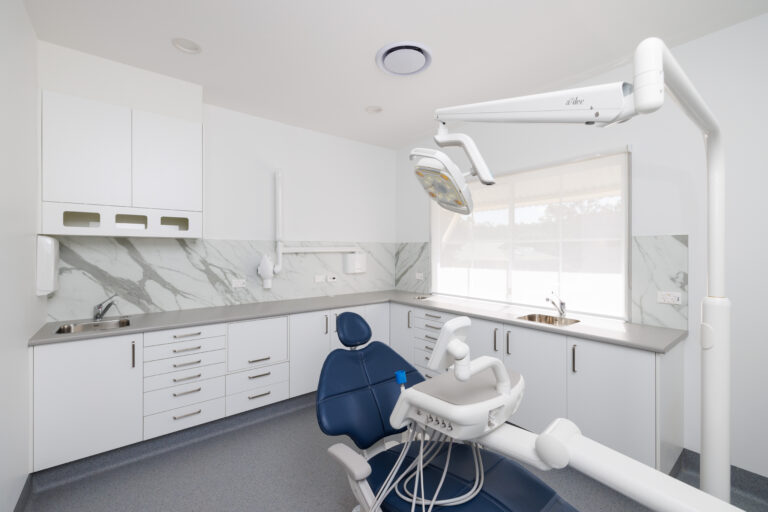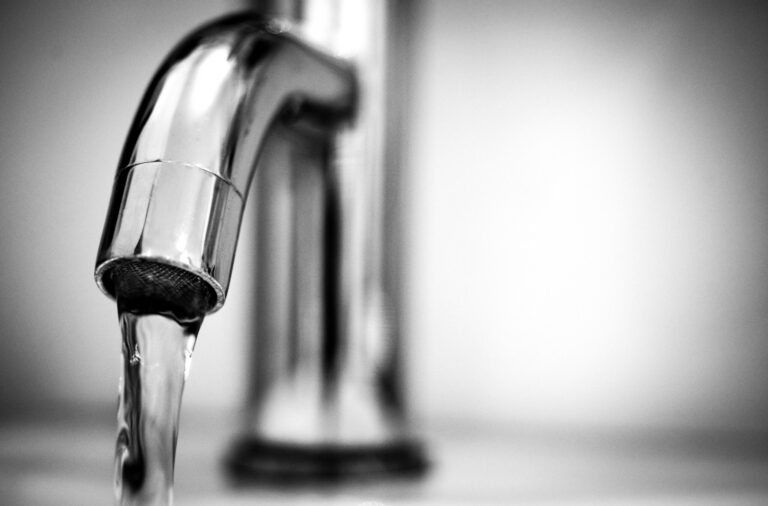Hot Water System Replacement Cost
A hot water replacement system can be between $1000 – $2500.
Hot water systems are an important part of every Australian home. They help make daily tasks like showering, washing dishes, and doing laundry more comfortable. But with so many types to choose from, it can be tricky to figure out which one is right for your family.
The hot water system you choose can affect how much you spend, not just to set it up, but also to keep it running. In this guide, we’ll explain the hot water system replacement cost, the different systems and the pros and cons of each one.
There are a few main types of hot water systems: gas, electric, solar-powered, continuous flow, storage tank, and heat pump. Each one works in its own way and offers different benefits, so it’s smart to think about how your household usually uses hot water before deciding.
Signs You Need To Replace Or Repair Your Hot Water System
- It’s older than 10 years.
- You can see cracks, dents, or other damage.
- It keeps breaking and needing repairs.
- It makes loud rumbling or banging noises.
- The water looks rusty.
- There’s sand or grit at the bottom of the tank.
- The water doesn’t get as hot as it used to.
- You see rust on the tank or pipes.
- Water is leaking from the system.

What Influences The Price Of A Hot Water System Replacement Or Repairs In Brisbane?
If you’re getting a new hot water system in Brisbane, there are a few things to think about. The cost can be different for everyone because many things can change the price.
Continuous Flow VS. Storage Tanks VS. Heat Pump Systems
There are different kinds of hot water systems, and each one works in its own way. The best choice often depends on your household needs, price range, and whether you’re looking for a full system replacement or an upgrade to your existing water heat setup.
Continuous flow systems (also called tankless or instantaneous systems) heat the water only when you need it. The water runs through the system and gets hot right away. These systems cost more at the start, but they use less energy and don’t take up much space.
Storage tank systems are the traditional kind. They heat up a set amount of water and keep it in a tank until you use it. These systems usually cost less to install, but they use more energy and need more room because of the big tank.
Heat pump systems work by taking heat from the air outside and using it to warm the water. Some heat pump systems are called split systems because the pump and the water tank are in two separate parts. These are usually quieter and easier to take care of.
Heat pumps can cost more to buy and set up, but they use less energy, which can help you save money on power bills over time.
Which Hot Water System Is Best?
Just like picking any home appliance, choosing a hot water system depends on what works best for you. Here are some things that might help you decide:
- What kind of power you can use at home (like gas, electricity, or solar).
- How many people live in your house and how much hot water you use (big families might need more powerful systems).
- How much space you have (smaller homes might do better with smaller systems).
- How much money you want to spend (whether you want something simple or something high-end).
- If you want to save money on energy bills (solar or gas systems can cost less to run).
Gas Hot Water System Costs
A gas hot water system uses natural gas or LPG (a type of fuel) to heat water. People like them because they don’t use too much energy and are cheaper to run over time.
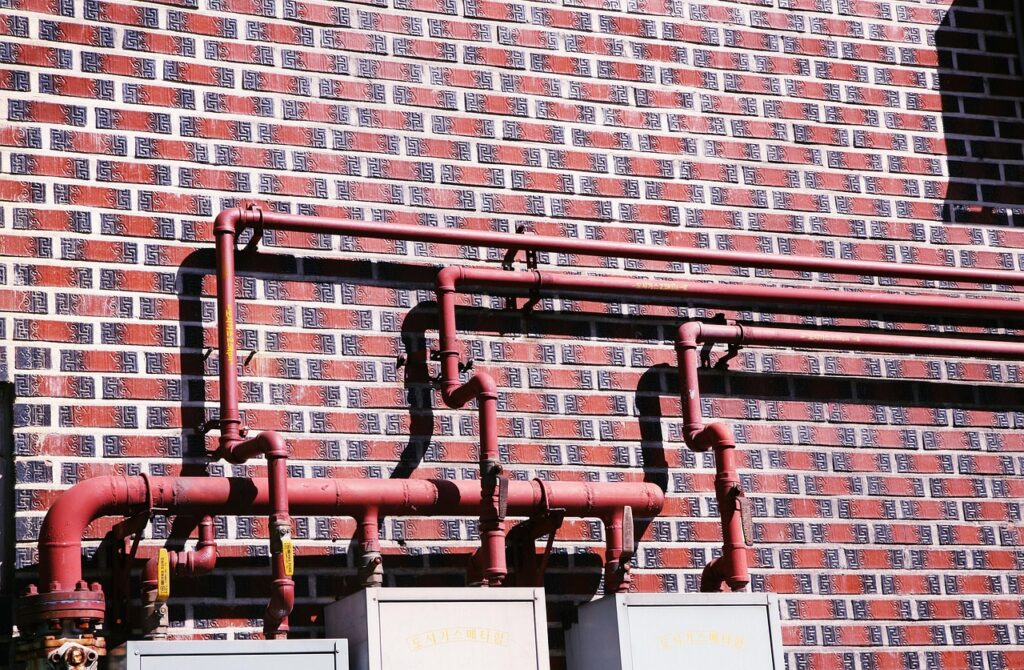
Pros
- Saves money: Gas hot water systems usually cost less to run than electric ones because gas is often cheaper than electricity.
- Works well in cold weather: Gas systems last a long time and are great at keeping water hot, even when it’s cold outside.
- Heats water fast: These systems warm up the water quickly, so you don’t have to wait long for hot water.
Cons
- Environmental impact: Gas hot water systems create greenhouse gas emissions, which aren’t good for the environment. If you’re looking for a more eco-friendly option, a solar hot water system is a better choice.
- Hot water limits: Storage tank systems can run out of hot water once the tank is empty. Continuous flow systems might also struggle to keep up if your household uses a lot of hot water at once.
- Higher installation costs: Gas systems need to be installed by a licensed professional. They also require gas lines and proper ventilation, which can make the setup more expensive.
Installation Costs
Right now, gas hot water systems usually cost between $700 and $1,900.
But the total cost to install one can change depending on the brand and type you pick. That’s because different systems have different designs, features, and installation needs.
Ongoing Maintenance & Utility Costs
According to 2022 data, the average yearly energy cost for a gas hot water system ranges from $295 to $665. However, these costs may change from year to year based on various factors.
Maintenance expenses will also vary depending on the system’s age, condition, and how often it is serviced. Regular maintenance is important to keep your system running efficiently and safely.
Summary
Gas hot water systems can cost more to install than electric ones, but they’re usually cheaper to run over time, so you might save money in the long run. They also keep working during power outages, which makes them very reliable.
But keep in mind that bigger gas systems may need a stronger gas connection, which can make installation more expensive.
Electric Hot Water System Costs
An electric hot water system heats water using an electric element located inside the tank. When hot water is used, it’s drawn from the top of the tank and replaced with cold water entering from the bottom. The electric element then reheats the incoming cold water to maintain the set temperature.
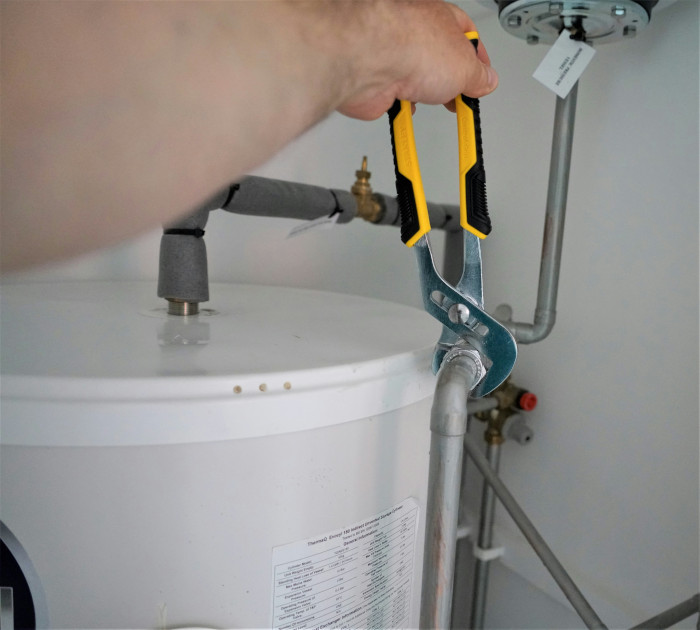
Pros
- Lower installation cost: Electric hot water systems are generally more affordable to purchase and install compared to gas or solar options.
- Straightforward installation: These systems do not require gas connections, making them ideal for properties without existing gas infrastructure.
- Energy efficient: Many electric models offer excellent energy efficiency, with some achieving high energy star ratings, helping to reduce electricity usage over time.
Cons
- Costs more over time: Even though electric hot water systems are cheaper to buy, they can be more expensive to run because electricity usually costs more than gas.
- Limited hot water: These systems only hold a certain amount of hot water, so big families might run out faster.
- Takes longer to heat: Electric systems can take more time to heat up water, so you might have to wait a bit longer before you get hot water again.
Installation Costs
Recent research shows that electric hot water systems usually cost between $450 and $1,800 to buy and install.
But the final price can change depending on the brand and type of system you choose. That’s because each system is built differently and may need a different setup during installation.
Ongoing Maintenance Costs
According to 2022 data, the yearly energy cost for an electric hot water system is usually between $700 and $925. This amount can be higher or lower depending on how much hot water you use.
Maintenance costs can also vary based on how old the system is, what shape it’s in, and how often it gets serviced. Taking care of your system regularly is important to keep it working safely and efficiently.
Regular servicing can also help your system last longer and stop small problems from turning into expensive repairs later on.
Summary
Electric hot water systems usually cost less to install than gas systems, and they’re a good choice for homes that don’t have a gas connection.
But over time, they can cost more to run because electricity is usually more expensive than natural gas.
Solar Hot Water System Costs
Solar hot water systems use the sun’s energy to heat water. They usually have solar panels on the roof that collect sunlight. Inside the panels are tubes filled with water, and the sun heats the water as it flows through. The hot water is then stored in a tank until you need it.
There are two main types of solar systems: passive and active. Passive systems use gravity to move the water, while active systems use pumps. Both types can come with storage tanks or work like continuous flow systems.
If there isn’t enough sunlight or you need more hot water than usual, the system can use backup heating from gas or electricity to make sure you still get hot water.

Pros
- Good for the environment: Solar hot water systems use energy from the sun, which makes them a very eco-friendly choice.
- Saves money on power bills: Because they use free energy from the sun, they can help you save a lot of money over time, especially if your household uses a lot of hot water.
- Government help available: The government offers special deals and support to help people install solar hot water systems.
Cons
- Expensive to set up: Solar hot water systems can cost more to buy and install than gas or electric ones, which might make it harder for some families to afford.
- Needs sunlight to work well: These systems work best on sunny days. When there’s less sunlight, they might not make as much hot water.
- Backup may be needed: If it’s cloudy or rainy for a long time, you might need a backup system (like gas or electric) to keep your hot water running.
Installation Costs
Right now, solar hot water systems usually cost between $3,000 and $7,000 to install, making them the most expensive option out of the three types.
Just like with other hot water systems, the exact price can change depending on the brand and the type you choose. That’s because each system has different features, designs, and installation needs.
Ongoing Maintenance Costs
According to 2022 data, using a solar hot water system costs about $65 to $365 a year in energy. Even though it costs more to install at first, it’s usually cheaper to run over time compared to electric or gas systems.
Maintenance costs can be different depending on how old the system is, what shape it’s in, and how often it’s serviced. Taking care of the system regularly is important to keep it working safely and efficiently.
Summary
Solar hot water systems cost more to set up at first, but they can save you a lot of money later by lowering your energy bills.
How much you save depends on things like the weather where you live, how big the system is, and how much hot water your household uses.
Choosing The Best Hot Water System For You
When you’re replacing an old hot water system or getting a new one, it’s important to think about both the cost to install it and how much it will cost to run over time. Whether you’re looking at hot water system prices or considering potential repair cost down the line, planning ahead can save you money.
Electric systems are usually the cheapest to install, but they can cost more to use in the long run.
Gas systems are a good middle option, as they’re not too expensive to install or to run.
Solar systems cost the most at the start, but they can save you a lot of money on energy bills over time. They’re a great choice if you plan to stay in your home for many years.
If you’re using a storage hot water system or need a hot water repair, it’s a good idea to talk to a hot water expert who can help you figure out the long-term costs for each type of system.

Factors To Consider For Hot Water System Installation Costs
Each type of hot water system has different things that affect how much it costs. When you’re thinking about getting a new one, it’s important to keep these points in mind:
- How much hot water your household uses: Bigger families usually use more hot water, so they may need a different system than someone who lives alone or with one other person.
- Tank size: Tanks come in different sizes. Bigger tanks usually cost more at the start.
- Type of system: Electric systems are the cheapest to install, but they might not be the best choice in the long run. It’s a good idea to compare all your options to see what works best for your home.
- Labour costs: A licensed plumber, and sometimes an electrician will need to install your system. They usually charge between $80 and $120 per hour, so make sure to include this in your budget.
Hot Water System Prices In Different Regions
The cost to replace a water heater can be very different depending on where you live.
Some things that change the price include how expensive it is to live in the area, how easy it is to find skilled workers, local rules, and how many companies offer the service.
For example, places with a high cost of living usually have higher labour costs, which makes the total price go up.
Also, if there are strict rules or only a few companies doing the work, the price might be higher too.
Comparison Of Average Water Heater Replacement Cost In Different Regions In Australia:
Here’s a rough guide to how much it might cost to replace a water heater in different parts of Australia:
- Sydney: $1,200 – $2,500
- Melbourne: $1,200 – $2,500
- Brisbane: $1,000 – $2,000
- Perth: $1,000 – $2,000
- Adelaide: $1,000 – $2,000
- Canberra: $1,200 – $2,500
- Darwin: $1,500 – $3,000
- Hobart: $1,200 – $2,500

Switching Type Of Hot Water Unit
If the new hot water system is the same type as the existing one, for example, replacing an electric system with another electric model, the installation is usually straightforward and more cost-effective.
However, switching to a different type, such as from gas to electric, can increase the overall cost. This is because additional work may be required, such as removing gas lines and fittings and installing new electrical connections to support the new system.
Delivery Costs
Don’t forget about the cost of getting the new hot water system delivered to your home. Bigger and heavier systems need more people and equipment to move them. If it’s hard to get the system off the truck or into your house, that can make the total cost of the replacement higher.
Installation And Labour Costs
The cost of replacing a hot water system can change based on how hard the job is and which plumber you hire. Licensed plumbers charge different amounts depending on how long the job takes and how tricky it is.
If the installation takes a long time, needs a lot of work, or requires extra materials, the price will likely be higher.
Disposing Of Old Hot Water System After Replacing It
Another thing to think about when replacing a hot water system is getting rid of the old one. Most plumbers won’t charge extra to take it out, but there might be a small cost to throw it away properly. This cost is usually not very high, but it’s still good to include it in your plans.
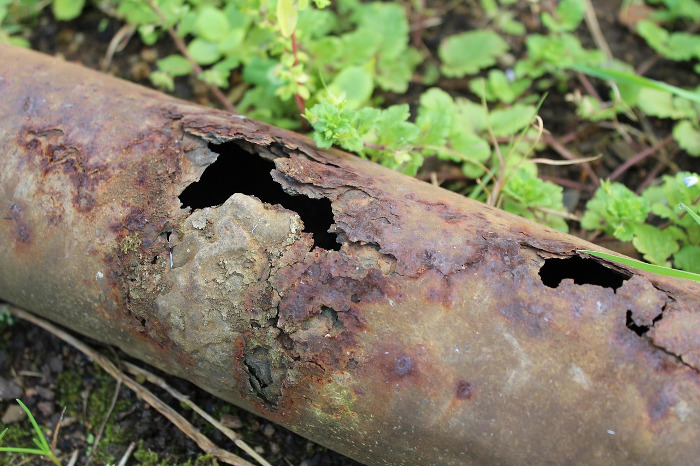
Factors That Influence Regional Cost Differences:
There are a few reasons why the cost to replace a water heater can be different depending on where you live, including:
1. Cost Of Living
In places where it costs more to live, workers usually charge more. This can make replacing a water heater more expensive in those areas.
2. Availability Of Skilled Labour
In places where there aren’t many skilled workers, it can be harder and more expensive to hire them. This can make replacing a water heater cost more.
3. Local Regulations
Places with strict rules usually have higher costs to buy and install a water heater. That’s because you need to follow special rules, get permits, and pass inspections, which can all add to the price.
4. Competition In The Market
In places where there aren’t many companies selling or installing water heaters, you don’t have many choices. This can make the prices higher.
5. Transportation Costs
Regions that are located far from manufacturing sites or distribution centers often have higher delivery costs, which can increase the total price of a water heater replacement.
6. Weather Conditions
Areas with extreme weather conditions may require specialised materials, equipment, and additional labour to ensure the water heater works properly, which can increase the overall cost of replacement.
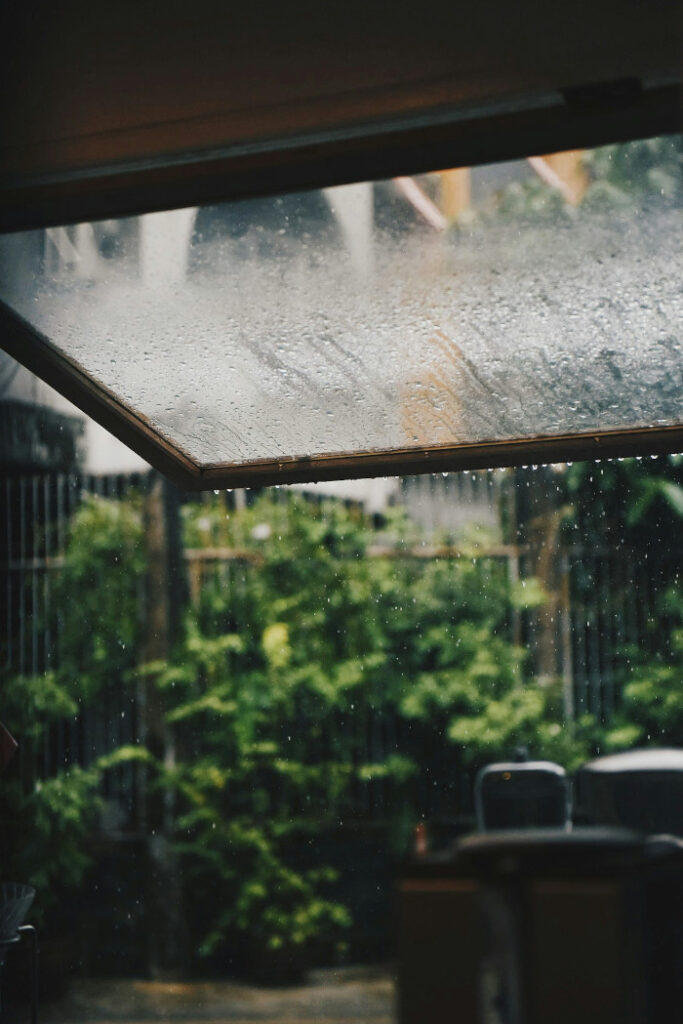
7. Taxes And Fees
Different areas may have different taxes and extra fees, which can change how much it costs to replace a water heater.
8. Cost Of Materials
The price of the materials, like the type and size of the water heater, can affect the total cost of replacement. In some areas, materials might cost more because they’re harder to get or more people want them.
9. Cost Of Energy
The price of energy in your area can also affect how much it costs to replace a water heater. In places where energy is expensive, it might be smarter to install a more energy-efficient water heater, even if it costs more at the start.
10. Level Of Demand
In places where lots of people need water heater replacements, the prices might be higher because there are more people asking for the service than there are workers or supply.
11. Type Of Water Heater
Different kinds of water heaters, like tankless or solar ones, can cost different amounts to install depending on where you live.
12. Age Of The Home
Older homes might need extra work to install a new water heater, which can make the total cost higher.

13. Access To The Water Heater
Where the water heater is placed can affect how much it costs to replace. If it’s in a hard-to-reach spot, it might take more time and work to install, which can make the job more expensive.
14. Warranty And Guarantees
Different companies may offer different warranties or promises for their work. These can change the total cost of getting a water heater replaced.
15. Size Of The Water Heater
Bigger water heaters need more work and more materials to install, which can make the total cost higher.
16. Seasonal Factors
The time of year can affect how much it costs to replace a water heater. Prices might be higher during busy seasons when more people need replacements.
How Can I Reduce Hot Water Running Costs?
Here are some simple ways to save money on hot water:
- Pick an energy-efficient system, solar is the best for saving energy.
- Fix any taps or pipes that are leaking or dripping.
- Try to take shorter showers.
- Use a low-flow shower head to use less water.
- If you can, wash your clothes in cold water instead of hot.
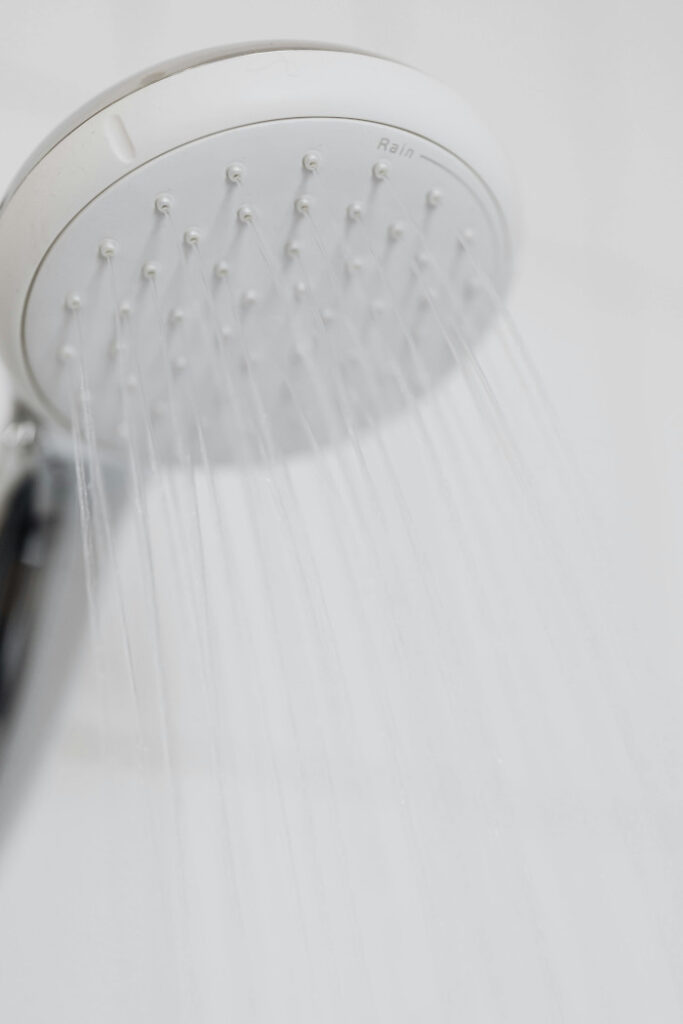
Regular Maintenance
One of the best ways to save money on replacing your water heater is by taking good care of the one you already have.
This includes things like cleaning out the tank to get rid of built-up dirt, checking parts for rust, and making sure everything is working properly.
Regular maintenance can help your water heater last longer and stop big, expensive problems from happening later.
Upgrading To A More Efficient Water Heater
Getting a more energy-efficient water heater can help you save money over time.
It uses less energy, which means lower power bills, and you might even get discounts or rewards from the government to help cover the cost.
Some of the most efficient options are tankless, heat pump, and solar water heaters.
Shopping Around For The Best Deal
When replacing a water heater, it’s a good idea to look at different options and compare prices. You might find a better deal by getting quotes from a few different companies or stores.
But remember, the cheapest price isn’t always the best choice. It’s also important to think about things like how well the system will be installed and what kind of warranty comes with it.

Proper Installation
Ensuring your water heater is properly installed is essential for avoiding future issues and keeping replacement costs down. Poor installation can lead to leaks, flooding, property damage, and safety risks. To avoid these problems, just like something for backflow testing, it’s important to hire a licensed and experienced contractor who follows local building codes and the manufacturer’s installation guidelines.
Given the cost involved in replacing a water heater, investing in a high-quality, energy-efficient unit can offer long-term savings. Although the upfront price may be higher, a durable and efficient system typically requires less maintenance, uses less energy, and reduces your utility bills over time.
Outdated or malfunctioning water heaters can also pose safety hazards, leading to sudden and costly decisions. That’s why it’s important to make sure your system is working properly.
Regular maintenance and inspections help prevent problems, extend the life of your water heater, and ensure it runs safely and efficiently. If you notice warning signs, such as leaks, unusual noises, or inconsistent water temperature, it’s best to contact a qualified professional. They can assess the issue and determine whether a repair or full replacement is needed.
Being proactive with your water heater care can save you time, money, and hassle in the long run.
Reliable Hot Water System Replacement Services In Brisbane
Crew Plumbing provides everything from reliable hot water replacement services to backflow testing for homes in Brisbane. Our licensed hot water plumbers can replace all types of hot water systems. We also handle hot water repairs and new installations.
If there’s an emergency, we can send a trusted plumber to help with your hot water system any time, day or night.
We work in all suburbs and can also help with blocked drains and other plumbing problems.
For trusted hot water replacement services in Brisbane, you can count on Crew Plumbing!
FAQ
Who To Contact If You Have Questions Or Issues?
If you have questions about the incentive or something goes wrong with your new hot water system, talk to the person or company who installed it. You can also contact the Accredited Certificate Provider (ACP), whose name is on the form you signed when you agreed to the installation.
Should I Invest In A Hot Water System?
Buying a hot water system might feel like a big decision, but it can save you money and make sure you always have hot water all year long. Whether you choose a gas, electric, or solar system, each one has different benefits that might be right for your home. It’s a good idea to compare them and see which one works best for you.
Are Heat Pump Water Heaters Worth Their High Initial Cost?
Yes, they can save you a lot of money over time, sometimes enough to pay back the cost of getting them installed. Plus, government rebates can help make them even cheaper.
Which Hot Water System Is The Most Energy-Efficient?
Heat pump water heaters are more efficient because they move heat instead of making it.
What’s Better: Storage Or Instant Water Heaters?
Storage systems are good for homes that use a lot of hot water. Instant systems save energy because they only heat water when you need it.
Why Are Electric Water Heaters So Popular?
They don’t cost much to buy, starting at around $1,200, and they’re pretty easy to install. But over time, they can be more expensive to run.
Do Gas Water Heaters Work During Power Outages?
Yes, they still work because they run on natural gas or LPG instead of electricity.
Can I Install A Water Heater Myself?
No. Just like you need a plumber for backflow testing, proper installation and compliance with safety standards must be carried out by a licensed and fully trained plumber.
Will I Be Without Hot Water For Long?
For most replacements, we can have your new system working in about 4 to 6 hours.
Can I Increase My Tank Size?
Yes. If your family is bigger or you use more hot water, we’ll help you pick the right tank size so you don’t run out.
Are There Rebates For Solar Or Heat Pump Systems?
Yes. We can help you get STCs (Small-scale Technology Certificates) that lower the price you pay at the start.
